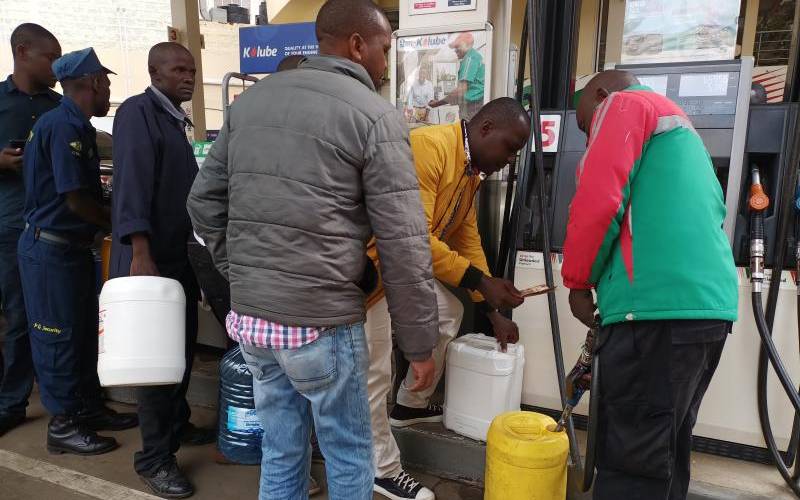×
The Standard e-Paper
Kenya’s Boldest Voice

President Uhuru Kenyatta yesterday read the riot act to petroleum industry players for causing a major fuel shortage last month.
Mr Kenyatta, in his last Labour Day speech in Nairobi, warned oil marketing companies that the government would not hesitate to penalise any of them “found culpable of offenses that resulted in great uncertainty in the market.”